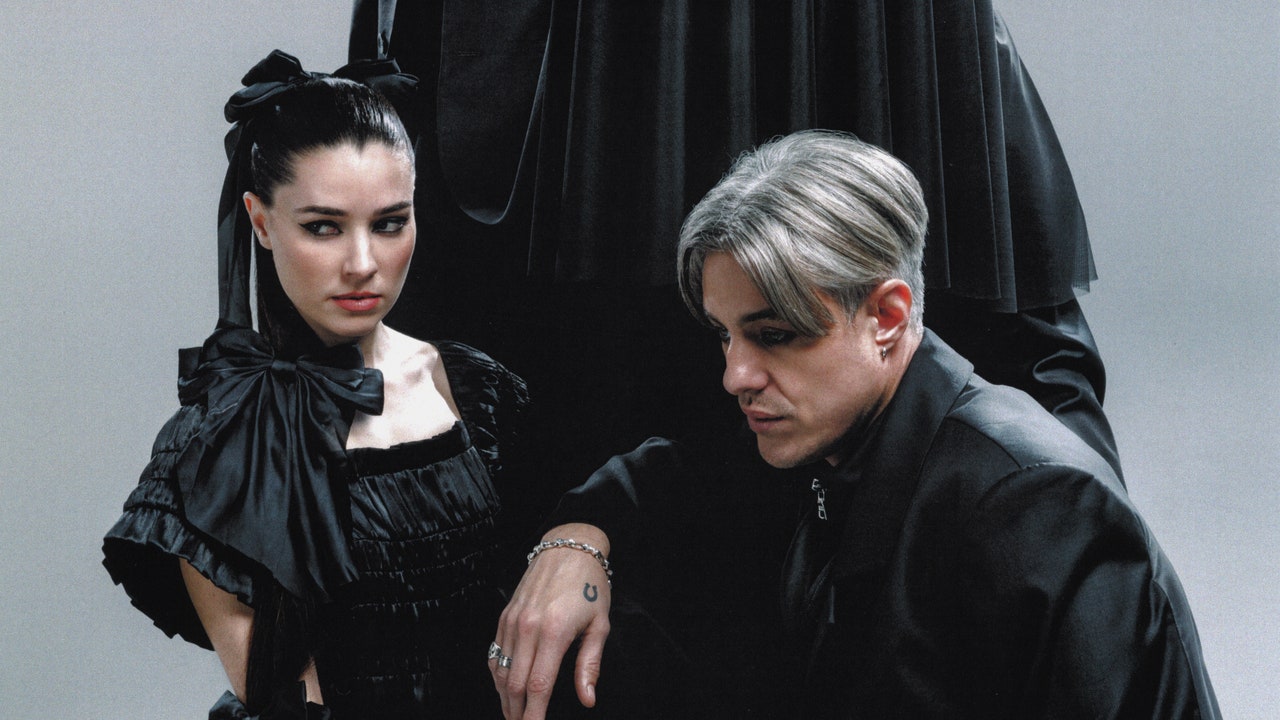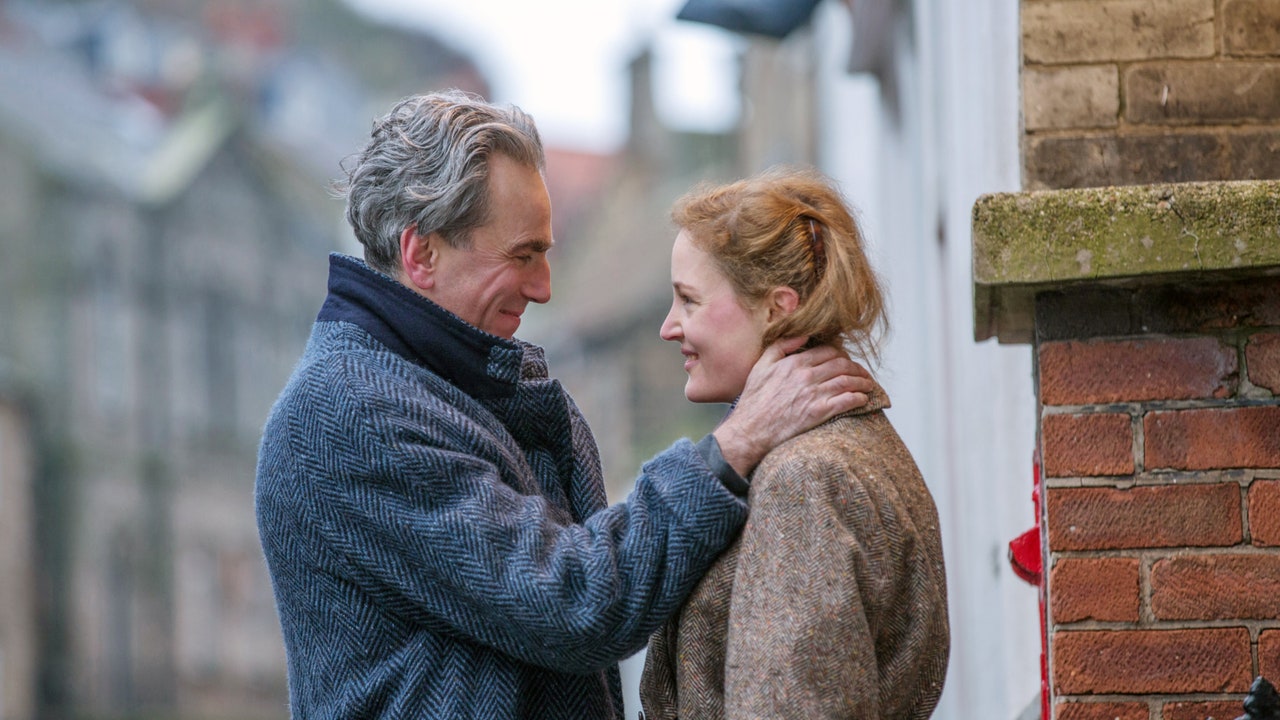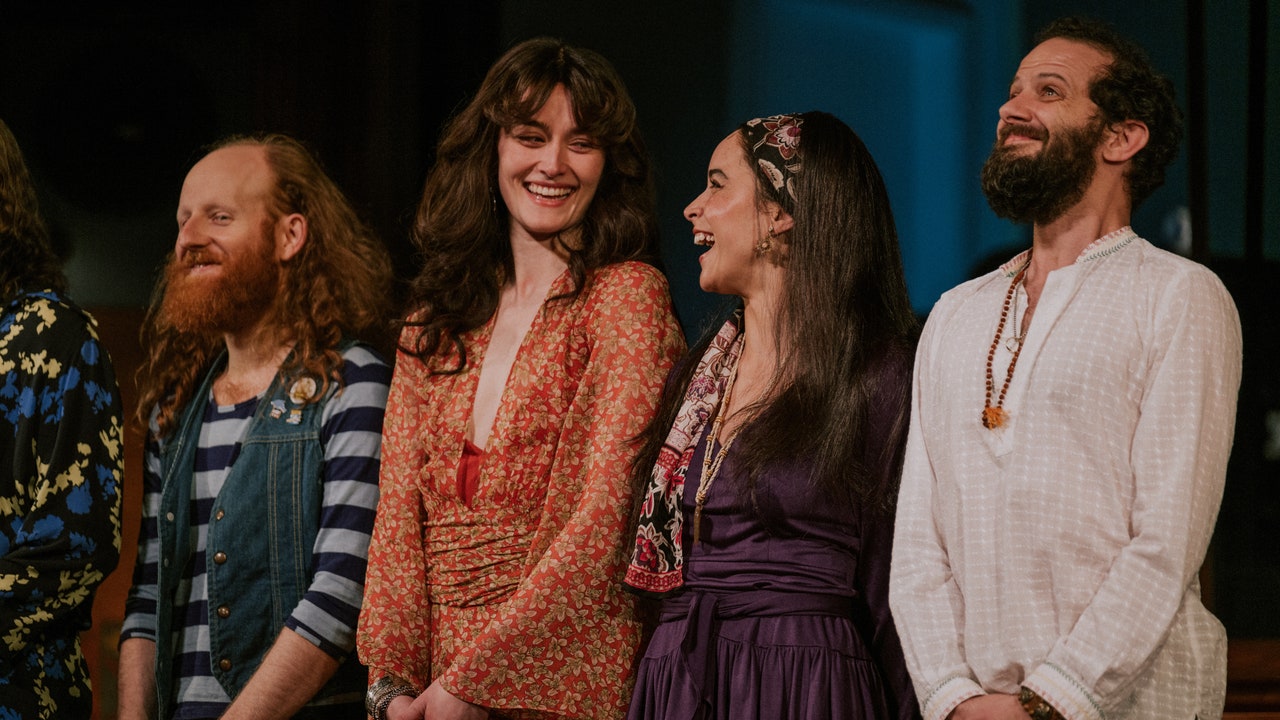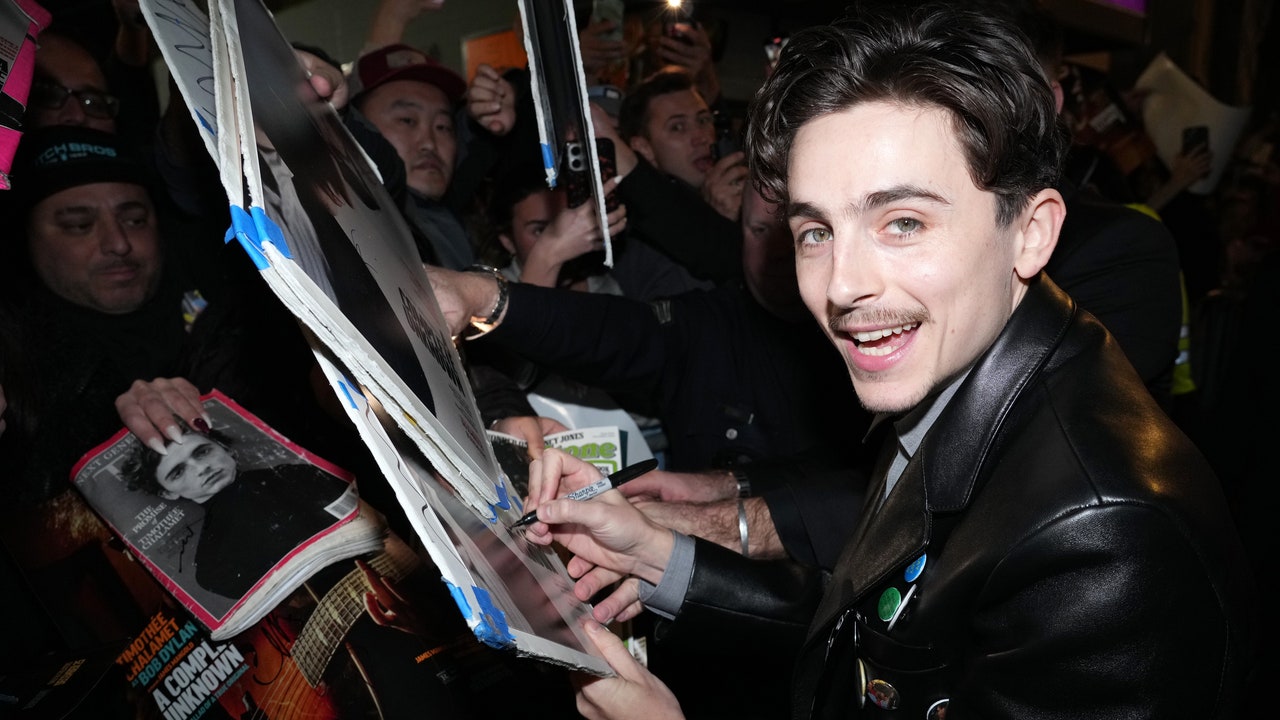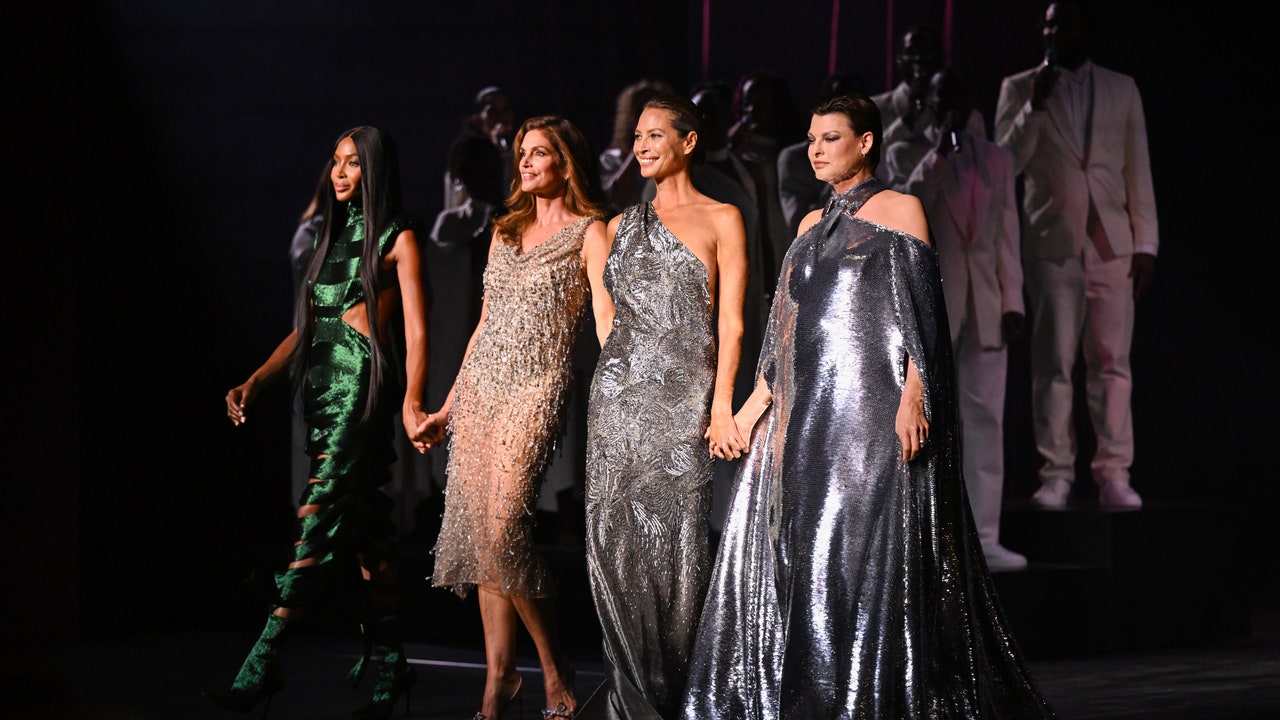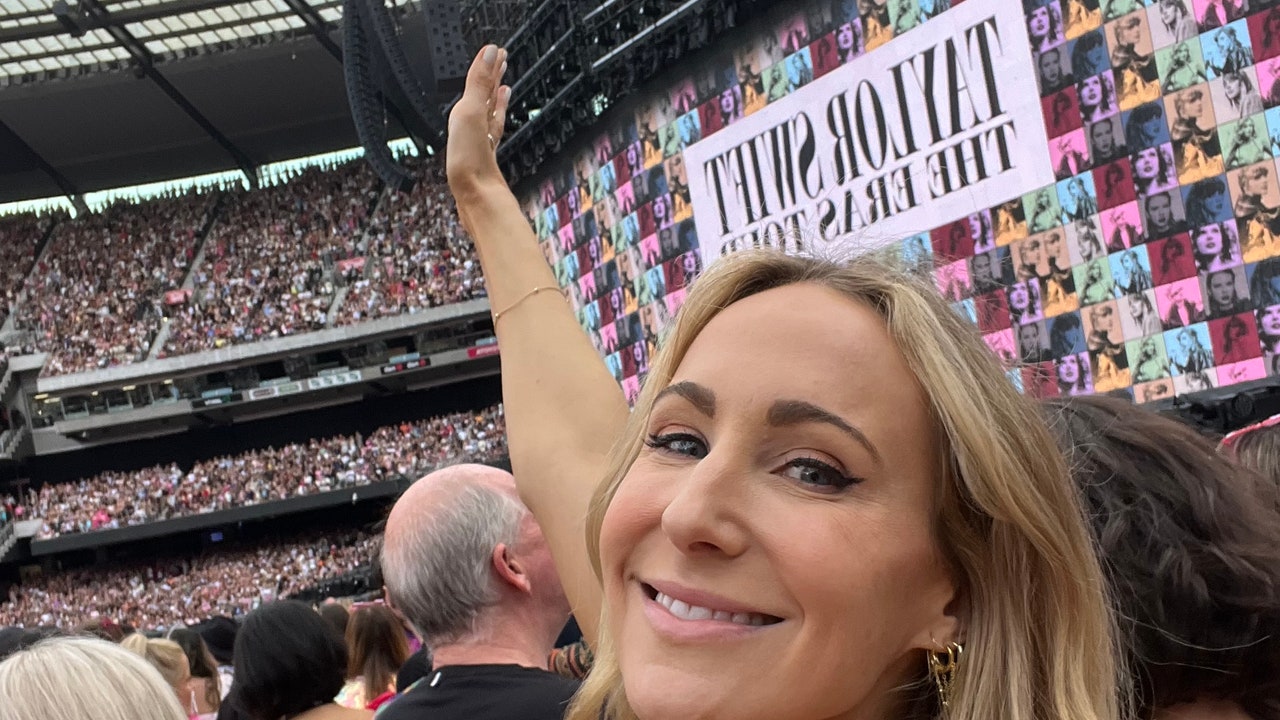An unusual occurrence affects time throughout Stereophonic, a brilliant play by dramatist David Adjmi and directed by Daniel Aukin at the John Golden Theatre in New York. The production, lasting three hours and 10 minutes, encapsulates an entire year, spanning June 1976 to June 1977, during which a band—comprising vocalist Diana (Sarah Pidgeon), lead guitarist Peter (Tom Pecinka), keyboardist Holly (Juliana Canfield), bassist Reg (Will Brill), and drummer Simon (Chris Stack)—is engaged in creating their upcoming album, with engineers Grover (Eli Gelb) and Charlie (Andrew R. Butler) overseeing the soundboard. And, to clarify, those three hours and 10 minutes don’t whiz by. This is a play that luxuriates in silences—whether strained, astonished, or melancholic—just as much as it does in boisterous noise. (Will Butler of Arcade Fire crafted the tracks, which the performers play on authentic instruments.) The intricately designed recording-studio set, by David Zinn, remains constant, so it’s understandable if you’re unsure how much time has progressed by Act I’s conclusion (a month), or oblivious that by Act IV, they’ve moved from Sausalito to Los Angeles.
Yet the narrative, such as it is—anchored in the occasionally tense, often monotonous, and sometimes enlightening journey of creating art—casts a captivating charm. Stereophonic had a packed-off-Broadway season last autumn at Playwrights Horizons, preceding its Broadway relocation this April, where it garnered further praise (and four Drama League Award nods). Both Sarah Pidgeon, 27, and Juliana Canfield, 32, allude to grand, intangible forces (“the universe”; “a great deal of mysticism”) when queried about what initially drew them to the work.
Pidgeon—previously recognized for her characters in Prime Video’s The Wilds and Hulu’s Tiny Beautiful Things—auditioned for the play last May, having first read for it in March 2020. (The pandemic hindered plans for a spring 2021 performance.) Those intervening years turned out to be crucial for her portrayal of the introspective, slightly anxious Diana; emotional nuances she could merely attempt at 23 now hold more significance in her later 20s. “There were themes she discussed that I could now identify within my own experiences,” Pidgeon notes on a Tuesday morning during previews. Not only did the disintegrating romance between Diana and Peter—who converse, then argue, about aspirations, professional stresses, and parenthood—appear less obscure to her than previously, but Pidgeon’s viewpoint on her own artistry had also matured significantly. Diana, who contemplates her rockstar persona more directly than any other band member, “doesn’t entirely comprehend her authority and influence [as a lyricist], because she depends heavily on her partner to bring it to fruition,” Pidgeon elucidates. As an actress, she could identify that self-awareness. “There’s so much refusal in this field,” she states. “I believe it can nurture a lot of self-doubt and reconsideration, this belief that you can’t perform this role unless several individuals decide they want to employ you and provide the opportunity.”
